Series Introduction
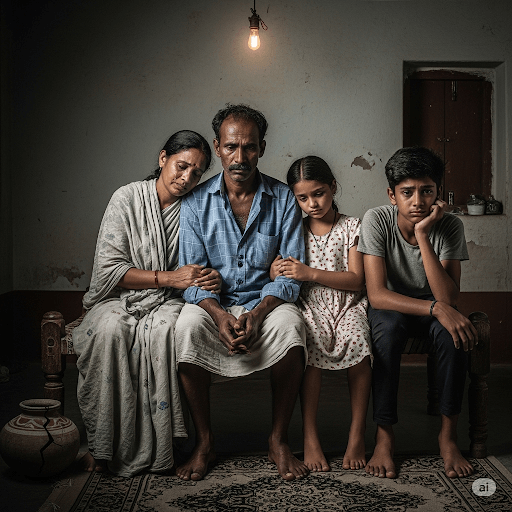
India, a nation with vast potential, is hindered by a destructive triad—reservation, corruption, and inflation—that undermines its social, political, economic, and moral fabric. Driven by electoral politics, these issues create a vicious cycle, distorting governance and deepening societal divides. This three-part series examines their origins, impacts, and interconnections, proposing bold reforms to restore India’s integrity and progress. Part 1 examines reservation, originally an affirmative action policy designed to uplift underprivileged communities, now transformed into a political tool that undermines meritocracy, fuels casteism, and exacerbates caste divisions. Through its historical evolution and consequences, we explore how electoral incentives have distorted reservation, setting the stage for corruption and inflation, which Parts 2 and 3 will address. Understanding this first pillar is crucial to unravelling the systemic challenges threatening India’s future and envisioning a just, cohesive society.
Overview
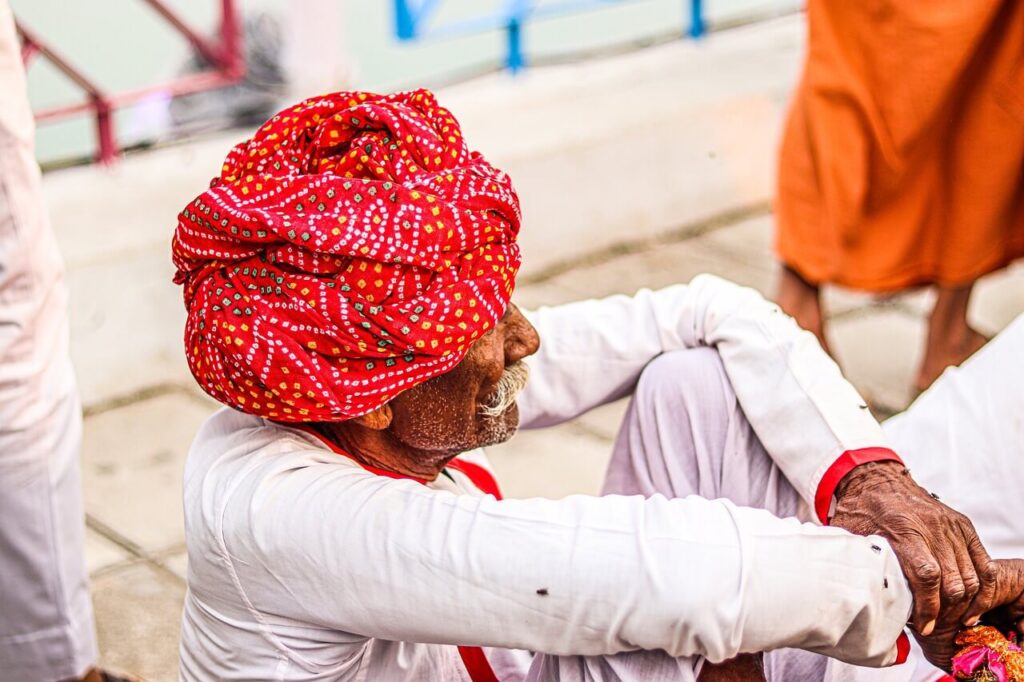
India’s post-independence journey has been marked by ambitious aspirations for social equity, economic prosperity, and robust democratic governance. Yet, the nation faces systemic challenges—reservation, corruption, and inflation—that threaten its progress and cohesion. These issues form a vicious cycle, fueled by political pressures, which distorts governance and deepens societal divides. Reservation, initially a temporary affirmative action to uplift marginalised communities, has been co-opted into a political tool, undermining meritocracy and institutional efficiency. Corruption, fueled by the financial demands of frequent elections, erodes trust in governance, prioritising personal gain over public welfare. Inflation, propelled by populist policies aimed at securing votes, destabilises the economy and disproportionately harms the poor, exacerbating inequality. Together, these issues create a feedback loop that hinders India’s social, economic, and moral advancement, perpetuating division and stagnation.
This article argues that reservation, corruption, and inflation constitute a destructive triad, systematically undermining India’s moral, political, and socio-economic fabric. Rooted in electoral dynamics, these issues converge to create a self-perpetuating cycle of inefficiency, ethical decay, and economic instability. By analysing their historical origins, interconnections, and consequences through empirical evidence and rational choice theory, this paper illuminates their systemic nature. The interplay of these forces—reservation entrenching caste divisions, corruption normalising unethical behaviour, and inflation deepening poverty—reflects a governance model driven by short-term electoral gains rather than long-term national interests. Addressing this triad requires a clear understanding of how electoral incentives perpetuate these challenges, eroding the values of integrity, fairness, and collective responsibility that once defined Indian society.
Breaking this cycle demands bold, systemic reforms to restore India’s ethical and economic vitality. Proposed measures include restructuring reservation to prioritise socio-economic need over caste, combating corruption through electoral transparency, and controlling inflation by curbing populist spending. Additionally, reimagining electoral cycles—extending them to reduce short-term political pressures—and strengthening judicial independence through lifetime appointments can foster sustainable governance. These reforms aim to dismantle the structural incentives perpetuating the triad, promoting meritocracy, accountability, and stability. The urgency of these changes cannot be overstated, as India’s future hinges on addressing these interlinked crises. Only through transformative action can India achieve a just, prosperous, and cohesive society, where integrity and opportunity prevail over division, opportunism, and populism.
Section I: Reservation – From Affirmative Action to Political Tool
Historical Context and Intent

Reservation, as a mechanism of affirmative action in India, was introduced for the upliftment of underprivileged communities. The framers of the Constitution envisioned reservation as a temporary measure. However, this noble intent has been distorted over decades, transforming reservation into a Frankenstein’s monster that undermines India’s educational, moral, social, political, and economic fabric. The policy’s expansion, driven by political motives, has exacerbated caste and social divisions and created new fault lines, weakening societal cohesion. While advocates call for the annihilation of caste, the same voices demand caste-based privileges, etching divisions into stone. This contradiction, far from hypocrisy, reflects calculated opportunism rooted in electoral politics. Elections have become a travesty, with voters often choosing caste over competence, undermining the democratic ideal of electing the best representatives.
Critical Role of Teachers in Nation-Building

Teachers are the cornerstone of human resource development, shaping the intellectual and ethical foundations of society. A robust education system, driven by competent educators, fosters innovation, critical thinking, and moral integrity—essential for sustainable progress. However, when teacher recruitment is compromised by reservation and corruption, the entire edifice of education risks collapse. A teaching cadre selected on criteria other than merit undermines the quality of education, erodes societal values, and ruins the future of generations of students. This is particularly detrimental to poor and disadvantaged students—Scheduled Castes (SCs), Scheduled Tribes (STs), and Other Backward Classes (OBCs)—who rely on public schools. Ensuring merit-based teacher recruitment free from corruption is thus paramount to safeguarding India’s future, as quality education is the bedrock of social mobility and national development.
Political Manipulation and Expansion
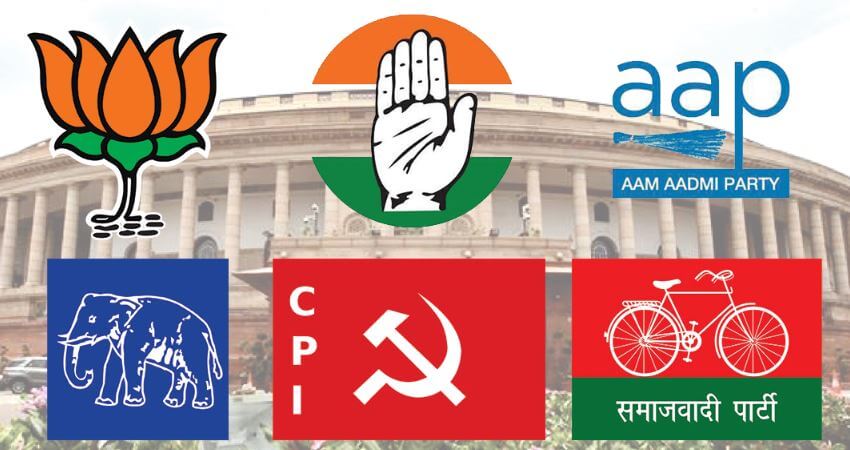
The genesis of reservation’s distortion lies in electoral dynamics. Post-independence, political parties recognised the potential of caste-based reservations to consolidate vote banks. The Mandal Commission (1980) marked a turning point, recommending a 27% quota for OBCs in addition to the existing 22.5% for SCs and STs. Subsequent governments expanded reservations further, introducing quotas for economically weaker sections (EWS) in 2019, bringing the total reservation in some states to over 60%. This expansion has been less about social justice and more about electoral gains. Political parties have leveraged caste identities to secure votes, perpetuating a cycle of competitive populism. The reservation system, rather than fostering inclusion, has become a tool for political mobilisation, with communities demanding inclusion in reserved categories, often through violent agitations.
Arbitrary Inclusion in Reservation Categories
The inclusion of castes in the reservation categories of SCs, STs, and OBCs often lacks objective criteria, driven instead by political clout and perceived electoral advantages. Without clear definitions of backwardness or tribal identity, the process of categorising communities has become a tool of political expediency, undermining the original intent of affirmative action. Since independence, successive governments have expanded reservation lists to secure vote banks, as evidenced by the addition of numerous castes to the OBC list following the Mandal Commission, often bypassing rigorous socio-economic assessments. For instance, the Jat and Patidar agitations in the 2010s, which demanded OBC status despite their relative socio-economic strength, highlight how political influence trumps merit or need. This arbitrary expansion fuels caste-based divisions, as communities compete for reservation benefits, deepening social fragmentation. By prioritising electoral gains over social justice, the reservation system has become a political weapon, eroding meritocracy and perpetuating the triad of reservation, corruption, and inflation through electoral politics. This arbitrary expansion not only fuels inter-community competition but also creates disparities within reserved categories, as a privileged elite emerges to monopolise benefits.
Rise of a Privileged Class Within Reserved Communities

Within reserved communities, a privileged elite—known as the creamy layer—has emerged, monopolising reservation benefits across generations. Comprising economically and socially advantaged individuals within SCs, STs, and OBCs, this group dominates access to quotas in education, employment, and politics. Evidence shows that wealthier segments of reserved categories corner significant portions of higher education benefits, marginalizing poorer members.
This creamy layer perpetuates intra-community inequality, undermining affirmative action’s intent. By depriving the truly needy within these groups, it entrenches a cycle of privilege over need. The elite’s resistance to reforms, such as creamy layer exclusion or a one-generation limit, stems from self-interest, often aligning with political parties to preserve caste-based quotas for electoral gains.
Impact on Education and Governance

The overextension of reservation has significantly compromised the quality of education and public services. In higher education, premier institutions like IITs and IIMs struggle to maintain academic standards due to quota-driven admissions. Studies have shown that a significant proportion of students admitted under reserved categories face academic challenges, contributing to high dropout rates in technical programs. This dilutes institutional reputation and limits opportunities for genuine talent. In public services, reservation-based appointments have often prioritised caste over competence, leading to inefficiencies. Studies indicate that public sector enterprises suffer from operational challenges, partly due to underqualified appointees, undermining service delivery and resource allocation. These outcomes reflect a systemic erosion of meritocracy, draining public resources and denting India’s global competitiveness. The focus on caste-based quotas over qualifications not only hampers institutional efficiency but also perpetuates the triad by fostering a culture where electoral considerations drive governance decisions, further entrenching corruption and economic instability.
Moral and Social Consequences
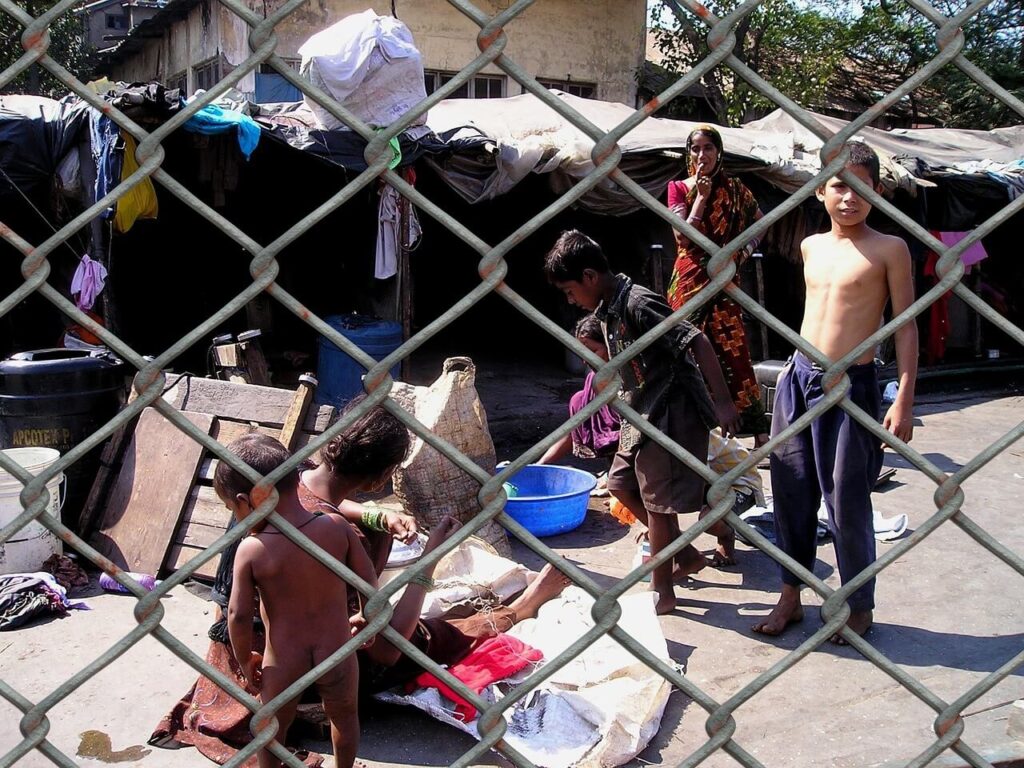
Reservation’s politicisation has deepened caste divisions, undermining social cohesion. Rather than reducing inequality, it has created new forms of resentment, fragmenting society, with non-reserved communities perceiving reverse discrimination. The ethical foundation of society is strained as meritocracy is sidelined, fostering a culture where entitlement overshadows achievement. This erosion of meritocratic values feeds into a broader societal shift where personal gain trumps collective welfare, setting the stage for the pervasive issue of corruption.
Convergence in Electoral Politics
Electoral politics serves as the common thread binding reservation, corruption, and inflation. The need to secure votes drives politicians to expand reservations quotas, engage in corrupt practices, and implement populist policies that fuel inflation. This nexus is evident in the competitive populism of Indian politics, where parties outbid each other with promises of freebies, quotas, and subsidies. The 2024 general elections saw parties promising everything from free electricity to cash transfers, reflecting the entrenched role of electoral incentives in policy-making. This prioritises short-term electoral success over long-term national interests, perpetuating the triad’s destructive cycle.
Conclusion
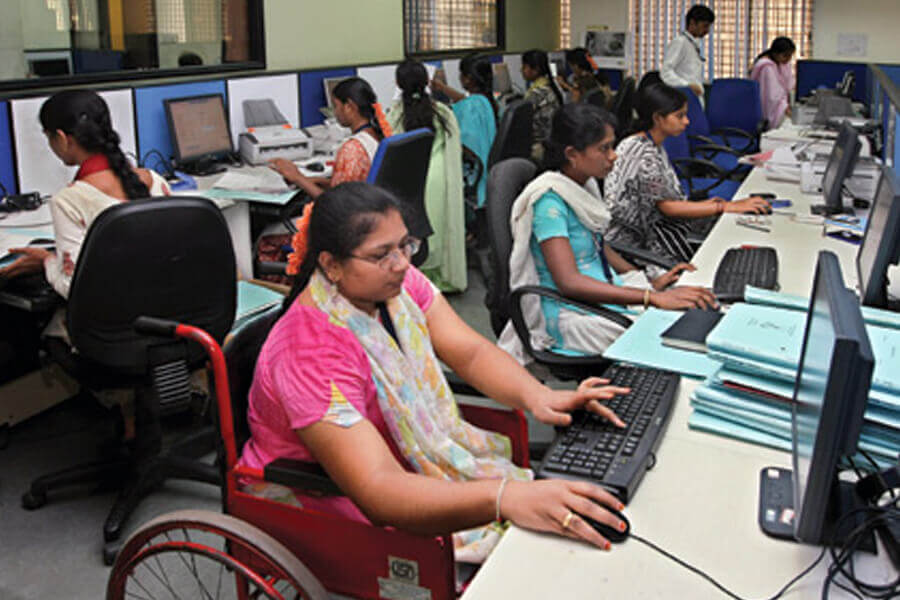
Reservation, intended to uplift marginalised communities, has been transformed by electoral politics into a tool that undermines meritocracy and fuels caste divisions. As the first pillar of the triad with corruption and inflation, it sets the stage for systemic inefficiencies and ethical decay. Part 2 will explore corruption’s role, examining how electoral pressures drive unethical behaviour, further entrenching the triad’s grip on India’s governance and society. Addressing these challenges requires a clear understanding of their interconnections, as Part 3 will propose through bold reforms. How has reservation’s politicisation impacted your community? Share your thoughts as we continue this series.

